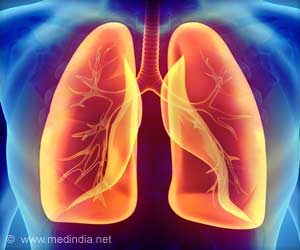University of Minnesota's Center for Drug Design researchers have discovered a new synthetic compound that prevents the neurodegeneration associated with Alzheimer's disease.

The discovery is published online in the American Chemical Society journal ACS Chemical Neuroscience and presents a new target for the design of anti-Alzheimer's and related drugs.
"While most other drugs under development and on the market attempt to slow down or reverse the Alzheimer's processes, our approach strikes at a root cause by enabling the brain itself to fight the disease at a very early stage," said Vince, the study's lead researcher and director of the Center for Drug Design. "As is the case with all drug development, these studies need to be replicated in human patients before coming to any firm conclusions."
Alzheimer's has previously been found to impair the ability of the brain to use the glyoxalase system. But the compound psi-GSH provides the glyoxalase system the fuel it needs to destroy destructive oxidized sugar metabolites that – in Alzheimer's models – converts normal brain amyloid protein into the abnormal form that produces Alzheimer's.
When given to mice genetically predisposed to develop Alzheimer's disease, psi-GSH reduced the buildup of abnormal amyloid beta protein in the brain. The buildup of this protein is a well-known feature of Alzheimer's, ultimately found in the form of plaques and tangles in the brain associated with the condition.
After being administered with psi-GSH for 11 weeks, cognitive capabilities such as memory and chemical brain health indicators in Alzheimer's-predisposed mice remained intact.
Advertisement
In addition, the treated mice were devoid of brain plaques while the untreated mice had significant plaque formation.
Source-Eurekalert













